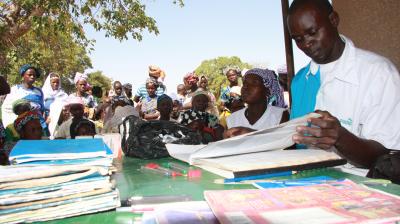Decentralisation and inclusive governance in fragile settings
Countries in the Sahel are currently involved in decades-long decentralisation reforms. Decentralisation promises more inclusive governance and reduced fragility. International donors have channelled massive resources into decentralisation programming efforts as to strengthen local governments as entry points for service delivery. But while unitary centralised systems of governance have failed to deliver, decentralisation is no panacea either. Bringing governance “closer to the people” brings national challenges at local level: poor institutional capacity, elite capture and political conflict.
How can decentralisation programming efforts in the Sahel play a role in inclusive governance and conflict resolution? Past decentralisation efforts in sub-Saharan Africa suggest certain conditions, as well as design and implementation processes need to be in place for decentralisation to succeed.
Policymakers should guarantee sustained financial and human resources; engage more actively local governments in conflict resolution; focus on the process of enhancing local governance as a result with its own intrinsic value; and think more strategically about which service delivery sector they should support.
Read full policy brief
Follow @loicbisson and @Clingendaelorg on Twitter




